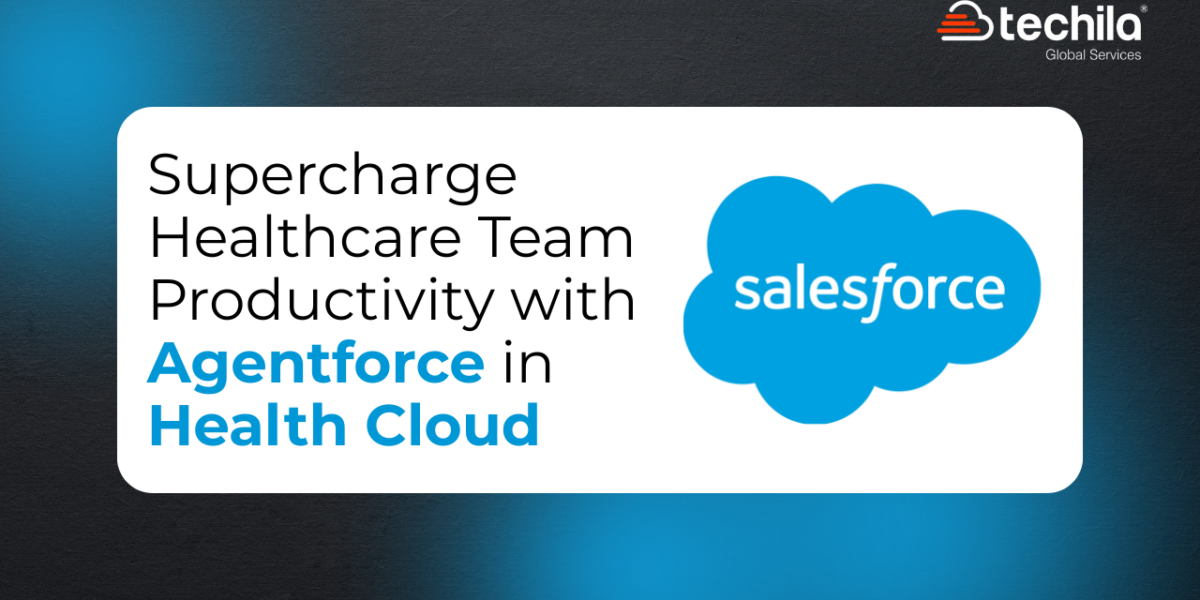In the most recent years, there had been a great rush towards various cloud computing technologies. Salesforce had been one among those technologies creating an immense impact on the computing world. Here, in this discussion, we’re going to address some of the essential
Salesforce basics.
What is Salesforce?
Salesforce is known to be one of the world’s number one cloud-based CRMs. It is supposed to be powerfully equipped with various business segments like marketing, service, sales, etc. This makes it easier for enterprises to serve the customer round the clock. It could be set up and managed perfectly without seeking much help from IT professionals. Salesforce is certainly one of the best ways to improve your interaction with customer relationships.
What is Cloud Computing?
Cloud computing deals with the delivery of various computational services; including database, storage, servers, networking, software, intelligence, analytics and moreover the (internet) cloud. It helps any organization to bring up faster innovation, flexible allocation of resources and economies of scales.
Cloud computation tends to remarkably cut down the costs that may be associated with storage and subsequently contribute to the development of the organization. When you make up your mind for migrating from any traditional storage systems to cloud, you are likely to end up in a place that will get you a lot of benefits including cost-effectiveness, productivity, speed, global scale, performance, and security.
Types of Cloud Computing
There are several different types of services available for cloud computing. These include the following:
1. Public Cloud
It is known to be extended by third-party vendors like Microsoft Azure, Salesforce Amazon web services, Salesforce Financial Service Cloud
etc. These third-party vendors tend to maintain everything like storage, servers software, hardware, etc. you can manage your services easily through the web browser.
2. Private Cloud
These clouds computing services are known to be exclusively used by a single organization. Private cloud has been defined as any privately owned network which consists of the entire infrastructure and services that may be required for appropriate management of services regarding cloud computing.
3. Hybrid Cloud
This one is known to be a combination of the public and private cloud. Also, it allows the sharing of various applications and data among them. Hybrid cloud seeks to offer your business with greater flexibility and more options for deployment that could let you optimize your compliance, business infrastructure and security. With the extreme horizons of excellent working offered by cloud computing, it would be vital to look for guidance regarding Salesforce for beginners.
Types of Cloud Services
When broadly classified, we have three major categories of services offered by cloud computing. These include IaaS, PaaS and Serverless computing that are known to be built and developed one upon the other.
1. IaaS (Infrastructure as a Service)
This is known to be a rental type cloud computing infrastructure that consists of virtual machines, servers, storage, networks, operating systems, etc. and are said to be facilitated and managed by a cloud provider.
2. PaaS (Platform as a Service)
It is regarded as an on-demand cloud computing environment designed developed for designing, development & testing, delivering and maintaining various applications. The major intent behind this is to establish a user-friendly platform for developers so that they can build and develop mobile and web apps easily without having to worry about software infrastructure.
3. Server-less Computing
Server-less computing is known to be one of the methods of providing backend services that are to be paid on the basis of usage. It makes the process of writing deploying codes easy and hustle-free so that everything could be done without any dependency on the underlying infrastructure. Although it had been named as server-less cloud computing, physical servers still tend to make their place in the process that follows. However, the developers do not need to be familiar with those.
Job Roles Available for Salesforce Professionals
1. Salesforce Developer Role: a developer is known to be a salesforce professional with appropriate skill sets that would be needed to develop and build various cloud-based applications via theforce.com platform.
2. Salesforce Administrator Role: there is a wide range of tasks that need to be performed by a salesforce administrator, these include developing reports, maintain data quality, running backups, adding fields, resetting or unlocking passwords, adding whitelisted IP addresses and a lot more.
3. Salesforce Architect Role: this job requires complete knowledge of Salesforce and web services. Along with that, one should also possess knowledge about various programming languages that might be used.
4. Salesforce Consultant: Salesforce consultants are often business savvy and add up value to the prevailing business. This role requires a person to be excellent at communication and management and well aware of the technical aspects and functionalities of Salesforce.
5. Salesforce Project Manager: With the increasing scope of Salesforce, the demand for project managers had been increasing. A project manager should have the best knowledge about Salesforce and its application in any business. His major job is to interact with various departments of salesforce and customer projects so that they could be completed on time.
6. Salesforce Business Analyst: a business analyst requires identifying business requirements and reaching out to an appropriate solution utilizing the Salesforce platform. They are also responsible for analyzing various processes that may be conducted within the organization with regard to this.
Why Salesforce?
Undeniably, Salesforce has been one of the best practices that have been adopted to make business processes even clearer. A lot of companies are continually stepping towards the implementation of Salesforce CRM implementation. If statistical insights about Salesforce are ever considered, the future scope of the platform would be much clearer. The alliance of Salesforce with various other platforms had made it even more suitable for every organization utilizing it.
The extensively increasing adoption of software as a service (SaaS) is an indicator of the significant role that would be played by this CRM in the future. The demand for various salesforce applications had been potentially growing, and this poses the need to get on to the implementation of this technology for the accomplishment of your business processes. The world outside this salesforce tutorial for beginners certainly looks up to the best utilization of various aspects of this excellent management crm platform.

 +1 561 220 0044
+1 561 220 0044 +61 255 646464
+61 255 646464 +91 909 080
3080
+91 909 080
3080

